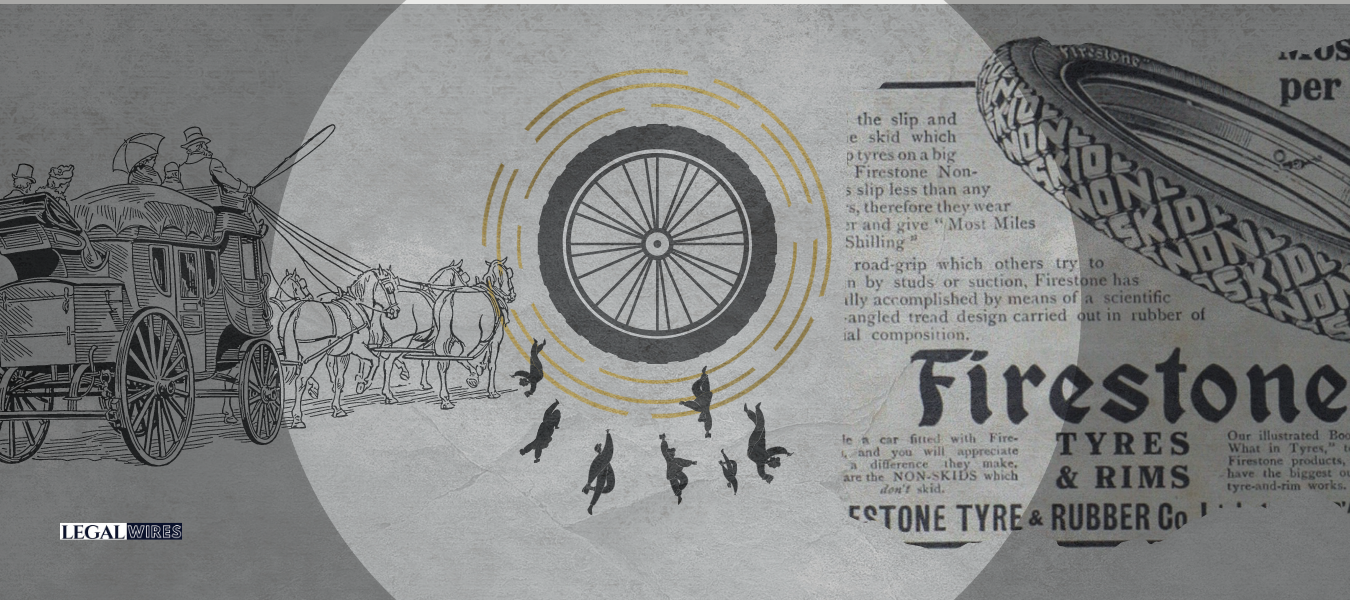Right to Layoff and Compensation of Workers. Citation: AIR 1976

Right to Layoff and Compensation of Workers.
Citation: AIR 1976 SC 1775
Date of Judgement: 13th February, 1976
Bench: N.L. Untwalia (J), V.R. Krishna Iyer (J)
Facts:
- Respondent company manufactured tyres at its Bombay factory. Company has a distribution office at Delhi. Due to strike in Bombay office in 1967 there was shortage in supply of tyres due to which 17 out of 30 workmen were laid off by the management from 5th Feb, 1968.
- Lay-off was recalled on 22nd April, 1968 but no wage or compensation was given for lay-off period. Industrial dispute was raised on 17th April, 1968.
Industrial Tribunal’s Decision:
Tribunal held that lay off was justified and workmen are not entitled to any lay- off compensation.
Judgement:
The Supreme Court held that it was open to the tribunal to award a lesser amount of compensation. So, court ordered for the payment of 75% of wages and dearness allowance to the workmen concerned for the period of lay-off. But those workmen who have settled or compromised their disputes with the management are not covered.
Key Law Points of the Case:
- Whether the management had the right to lay-off?
No
Court observed that Under the general law of Master and Servants an employer may discharge an employee either temporarily or permanently but that cannot be without adequate notice. Mere refusal or inability to give employment to the workman when he reports for duty on one or more grounds mentioned in clause (kkk) of Section 2 is not a temporary discharge of the work man. Such a power, therefore, must be found out from the terms of contract of service or the Standing orders governing the establishment.
In the instant case the number of workmen being only 30, there were no Standing orders certified under the Industrial employment (Standing orders) Act, 1946. Nor was there any term of contract of service conferring any such right of lay-off. In such a situation the conclusion seems to be inescapable that the workmen were laid-off without any authority of law or the power in the management under the contract of service.
- Whether the workmen are entitled to claim wages or compensation?
Yes
Section 25C[1] provides for the right of laid-off workmen for compensation and broadly speaking compensation allowable is 50% of the total of the basic wages and dearness allowance that would have been payable 13 to the workman had he not been laid-off. It would be noticed that the sections dealing with the matters of lay-off in Chapter VA are not applicable to certain types of Industrial Establishments.[2] The respondent is one such Establishment because it employed only 30 workmen at its Delhi office at the relevant time.
In Industrial Establishments where there is a power in the management to lay-off a workman and to which the provisions of Chapter VA apply, the question of payment of compensation will be governed and determined by the said provisions. Otherwise Chapter VA is not a complete Code in the matter of payment of lay-off compensation.
Court observed that if the term of contract of service or the statutory terms engrafted in the Standing orders do not give the power of lay off to the employer, the employer will be bound to pay compensation for the period of lay-off which ordinarily and generally would be equal to the full wages of the concerned workmen. If, however, the terms of the employment confer a right of lay-off on the management, then, in the case of an industrial establishment which is governed by Chapter VA, compensation will be payable in accordance with the provisions contained therein. But in the case of an industrial establishment to which the provisions of Chapter VA do not apply, it will be decided as per the terms of the employment.
In Kanhaiya Lal Gupta v. Ajeet Kumar Dey[3], it was also held that in the absence of any term in the contract of service or in the statute or in the statutory rules or standing orders an employer has no right to lay-off a workman without paying him wages.
- Whether Section 25C of the Act recognises the common law right of the management to declare a lay-off for reasons other than those specified in the relevant clause of the Standing order?
No
Court referred to Workmen of Dewan Tea Estate and ors. v. The Management[4], where it was held that when the laying off of the workmen is referred to in Section 25C, it is the laying off as defined by Section 2 (kkk) and so, workmen who can claim the benefit of Section 25C must be workmen who are laid off and laid off for reasons contemplated by Section 2 (kkk); that is all that Section 25C means.
[1] Industrial Dispute Act, 1947.
[2] Industrial Dispute Act, 1947, s. 25A.
[3] (1967) IILLJ 761 All.
[4] 1964 AIR 1458.


